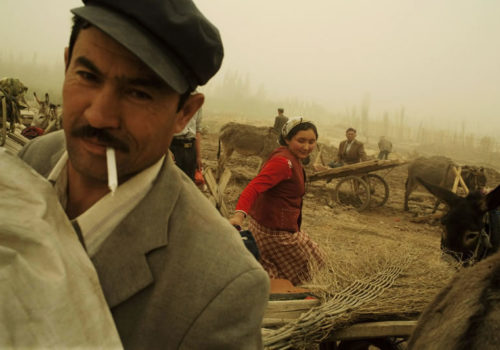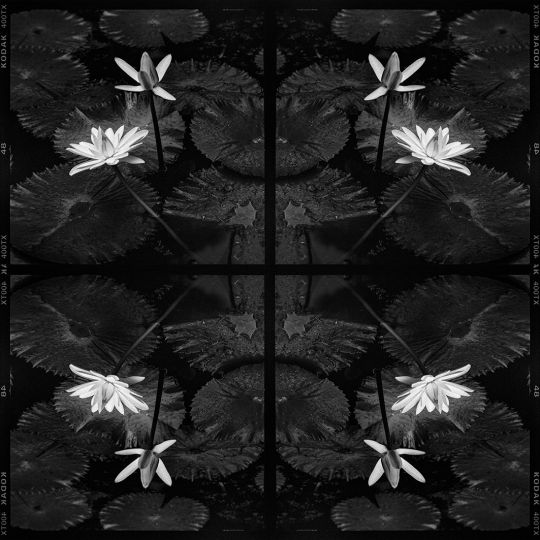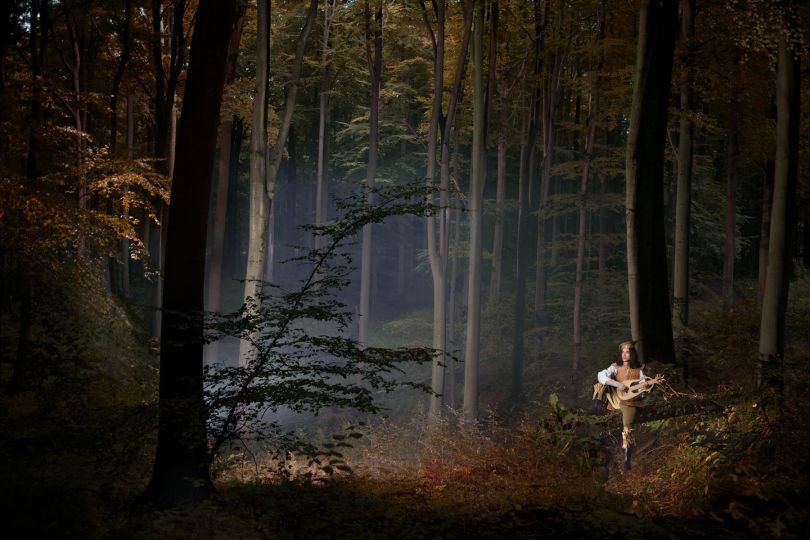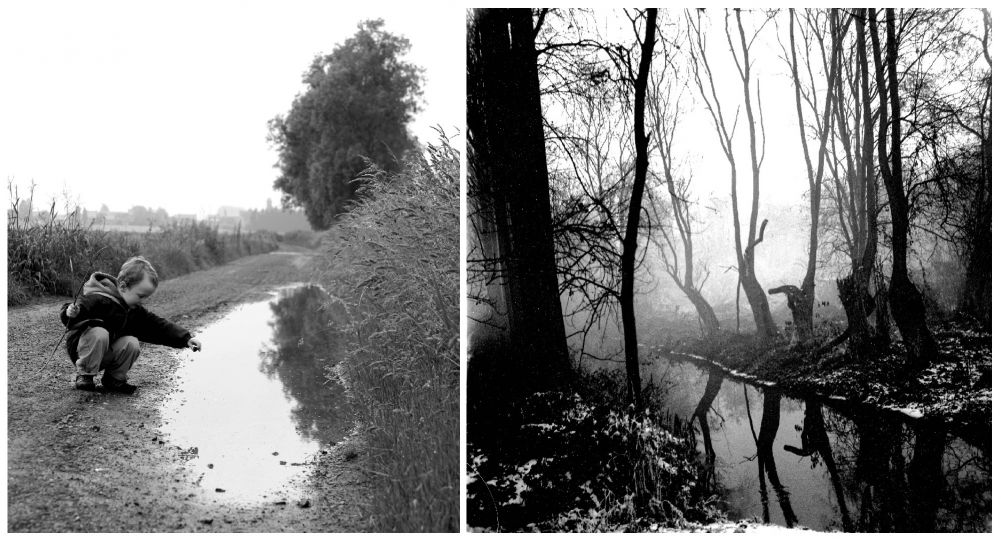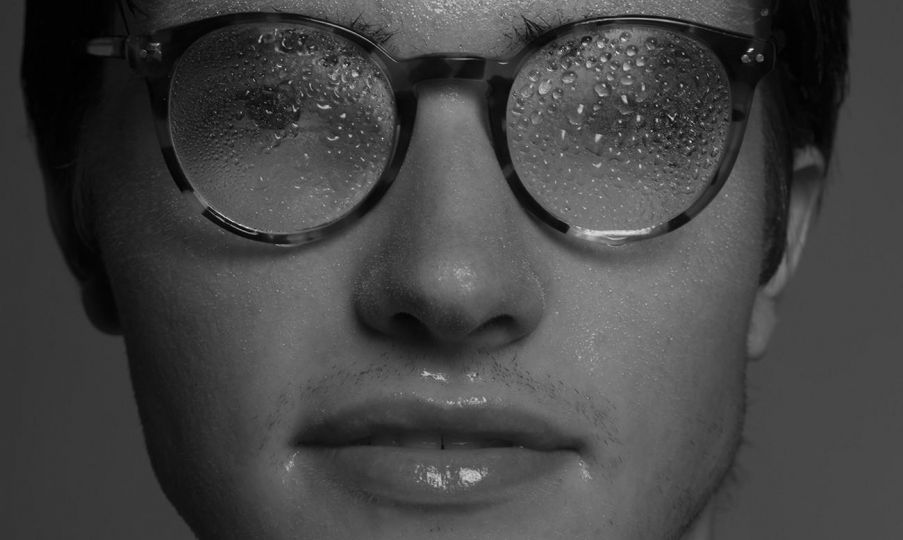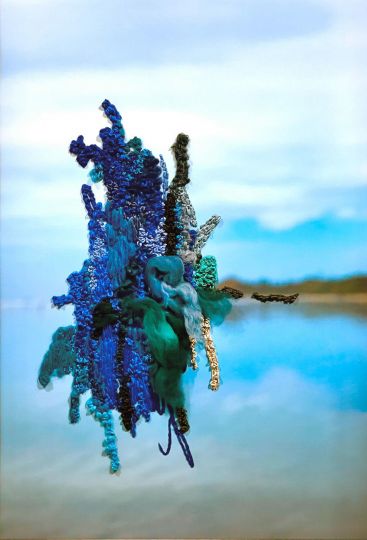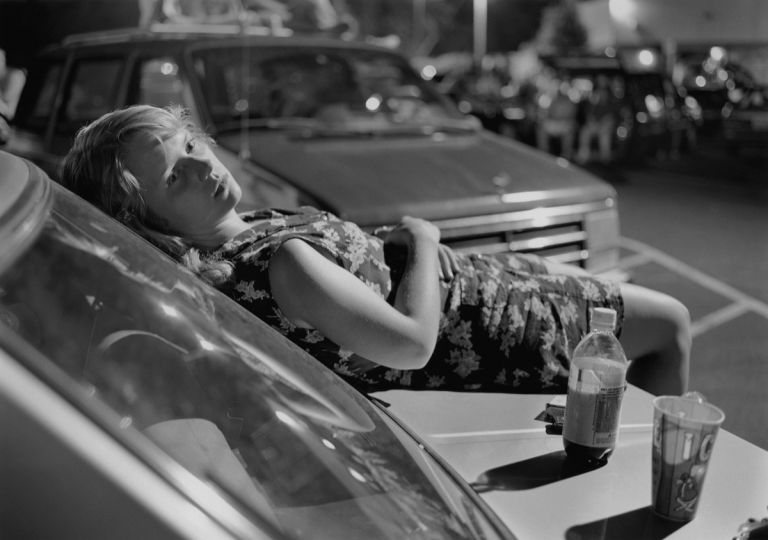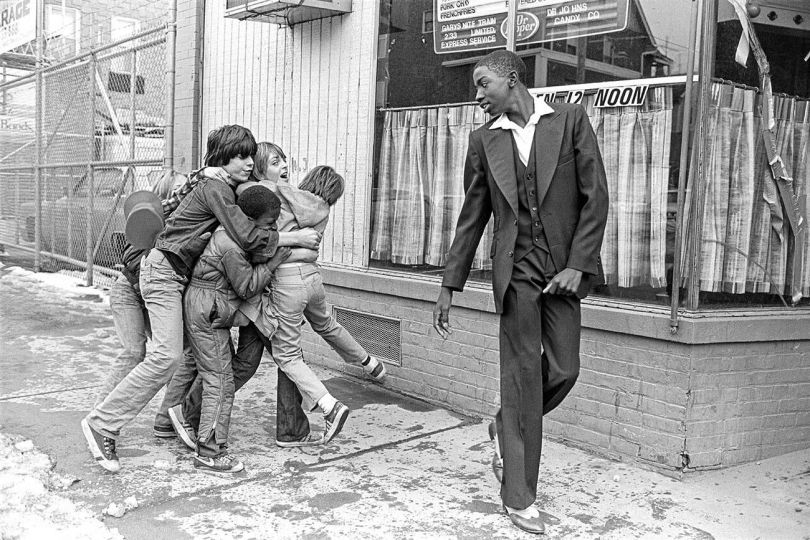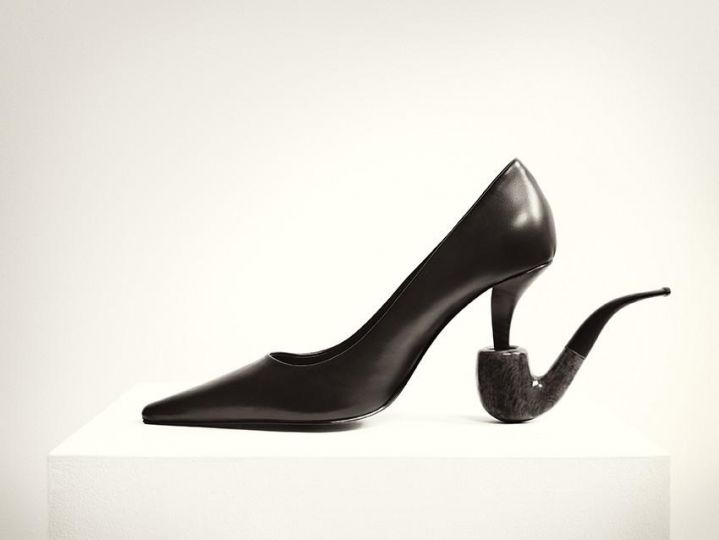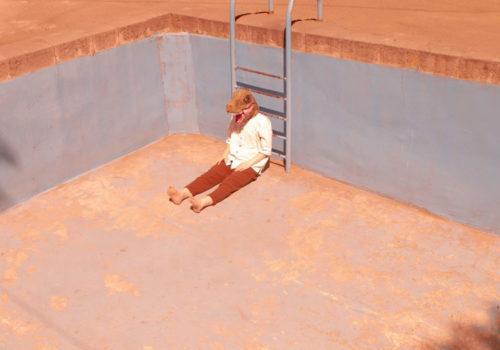Karim ben Khelifa, 38 years. Photojournalist for 15 years, with many publications in the international press. He lives between New York and France.
Michel Philippot : Confronting the “crisis” of the press, the timid politics of newspapers in regards to investing in reportages, what are your thoughts?
Karim ben Khelifa: It was very apparent to us that the problem was no longer in knowing where to distribute, but to find an answer to the question ‘how’, where can investments be found in order to produce reportages. Stories that need time, both in pre-production and actual production. Research also needs financial resources. To do so, alongside Tina Ahrens (former picture editor for GEO Germany in the US), Fanuel Wever (an “Open Innovation Evangelist”) that spent some time at IBM and other big American corporations and myself, we created EMPHAS.IS, which means, in Greek, “setting forth”.
M.P.: But more.
Karim ben Khelifa: It’s a site that operates like a liaison between a photographer and an audience, a contact that tends toward a certain engagement. The idea is to monetize the experience instead of the product or the finished product; I am referring to reportage photography of course.
M.P.: Specify…
Karim ben Khelifa: A newspaper proposes, “imposes” a product that we receive as such, as every media, and except for the purchasing choice or the overview (“zapping”) experience, the reader, the viewer, is in a passive position. We count on the interaction and the existence of a community. A community around a subject and around the photographer that will support it, produce it (for example portfolio presented here who has been realised by Carolyn Drake a photographer living in Istanbul). In a general way, the photographers who approach us have already offered their subjects to a media that has rejected them. The public will have the first option on the platform to see these reportages, and will be asked to be a part of them. We are simply a reaction to the continuous leak from newspapers confronted with their responsibilities to inform.
M.P.: How does it work for the internet user who wants to participate to the production of a reportage?
Karim ben Khelifa: Through a participation of 10$ USD minimum on the chosen subject, he is also granted access to the process of the reportage, its progress and his/her input, points of view and opinions are asked by the photographer. It’s a real interaction that is created in these conditions. For instance, if you are interested in Human Rights, you’ll be in touch with the photographer with special knowledge, which will surely add a certain dynamism to the subject. It’s a plus for everybody. For me, because having the chance to be published in many magazines, I never have the chance to meet my “public”. It’s no longer with EMPHAS.IS. We are also waiting for the opening of a market for other interest groups that go beyond photojournalism. To return to the example of Human Rights, all concerned organizations would accept to include their proposal for a story on their site, which implies an enlargement of the community, and thus a reciprocal benefit.
M.P.: How – and who – selects the reportages?
Karim ben Khelifa: Through an assembly of people with differents backgrounds, but all of whom share an immense interest on photography, over thirty people. Cf. http://emphas.is/web/ourboardofreviewers. From this large group, according to their affinities, some are asked to decide and follow their progress.
M.P.: Once the reportage is made, what does the photographer do with the material?
Karim ben Khelifa: It belongs 100% to the photographer, and he can dispose of it in whichever way he wants. He can sell it to the newspapers….
M.P.: Since when is the EMPHAS.IS platform is working? What are the results so far?
Karim ben Khelifa: We have been working since March 2011, which was only a theory six months ago, and now is a reality. We succeeded in raising $113,000 USD to support photojournalism, 9 projects. Some are already finished and doing the rounds, others are in progress, for example:
Tomas van Houtryve. Survival of communism in Laos. Finished.
Joa Pinto. Operation Condor. Finished.
Laura Al Tantawi. In the pyramids’ shadow, a project that will go up on the platform…
M.P.: How many people are working on the platform and how do you find your financing?
Karim ben Khelifa: There are 7 of us working full time, of which 3 are founding members. Concerning the financing, 15% comes from what we keep from the funds raised.

